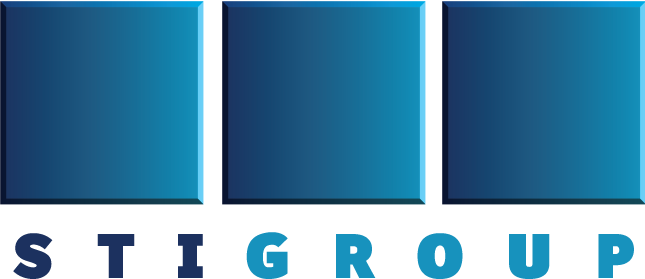During the pandemic, I sent periodic notes to the leaders that I coach with thoughts, guidance, perspective, etc….you know, coaching advice. As I was reflecting back on those notes, and preparing to send out a new set of notes for 2023, I realized that many of the same issues and challenges for leaders exist. 2022 kind of felt like walking through syrup for me. It was slow, and until we reached the end it was difficult to determine progress. I reminded my colleagues of the progress they’ve made, even though they might not realize it.
I looked back at the leader behaviors (or competencies) that surfaced as important during 2020 as they navigated through the long days of the pandemic — these included leading with empathy, demonstrating composure and courage, resilience in the face of monumental change, and optimizing and prioritizing resources efficiently and effectively (see previous blog post “Leadership – What Now?”). As I reflect on my conversations with leaders since then, these are still generally relevant – and important. With seemingly every economic prognosticator predicting an imminent recession, things may even become more challenging in 2023.
After reviewing articles regarding what might be important focus areas for leaders – from business publications to CEO thoughts – I noticed a theme of what I will describe as (re)establishing relationships with employees/team. As a result of the significant shift to virtual work, whether justified or not, the new norm of the virtual workplace certainly exists. My clients range from full virtual to hybrid (everyone in the office seems to be rare, except for jobs which it is necessary, of course). Because of this, yet another term has surfaced — “New Burnout” (not very creative). There seems to be a disconnect between managers and staff that burnout isn’t as frequent with a virtual work arrangement. According to Deloitte, 77% report that they have experienced burnout. Terms like “quiet quitting” have emerged for good reason.
As a coach that speaks to the importance of Emotional Intelligence (EQ), much of my counsel during the pandemic was about understanding and properly expressing emotions. I sent out a summary of what I felt were key EQ components to focus on and why:
- Empathy – recognizing, understanding, and appreciating how other people feel. It involves being able to articulate your understanding of another’s perspective and behaving in a way that respects others’ feelings. Showing you care and empathizing with others is extremely critical right now, especially as a leader.
- Emotional Self-Awareness – recognizing and understanding your own emotions. This includes the ability to differentiate between subtleties in your emotions while understanding the cause of these emotions and the impact they have on your behavior. Be honest with how you are feeling and talk to someone about it if you can. Don’t be afraid to ask for help.
- Stress Tolerance – coping with stressful or difficult situations and believing that you can manage or influence situations in a positive manner. I would say this is about as high stress as we’ve seen in workplaces, and eyes are on you (even if virtual). It is times like this when I use the duck analogy – you might be pedaling intensely, but to others it should seem as if you are just cruising steadily along the water.
- Optimism is an indicator of one’s positive attitude and outlook on life. It involves remaining hopeful and resilient, despite occasional setbacks. Stay positive – your team will appreciate it.
- Reality Testing – the capacity to remain objective by seeing things as they really are. This involves recognizing when emotions or personal bias can cause you to be less objective. Reality testing can be tested during heightened stress, so stay realistic with messaging while balancing optimism.
- Social Responsibility – willingly contributing to society, to one’s social groups, and generally to the welfare of others. It involves acting responsibly, having social consciousness, and showing concern for the greater community. Reach out to your personal network of family and friends to make sure they are ok and see if they need anything.
Looking at the coming year, I wouldn’t change this list. It looks like 2023 may be one of the most difficult tests yet for leaders and focused emotional intelligence can continue to be vitally important. As of this writing, hundreds of thousands of employees have been laid off from the likes of Amazon, Google, IBM, 3M, Microsoft, FedEx – this list goes on. Given less resources and a continued focus on profitability, leaders will need to walk the high wire of getting the work done with, and through, those that are left — all while keeping an eye out on employee wellness. Issues such as “workplace survivor guilt” and feelings like “am I next?” are real and prevalent.
So what is my advice to my clients? It always starts with “talk to your people” — use open-ended questions (still not practiced enough imo) to get people talking about what is important to them. And listen. Actually doing this effectively (how, and how often) are topics I spend a good deal of time on with clients.

